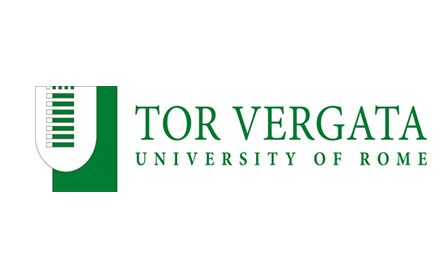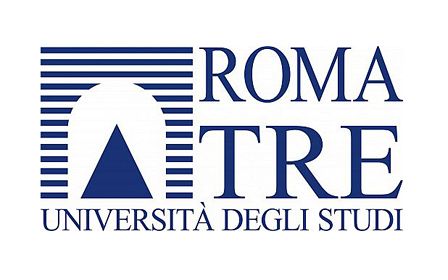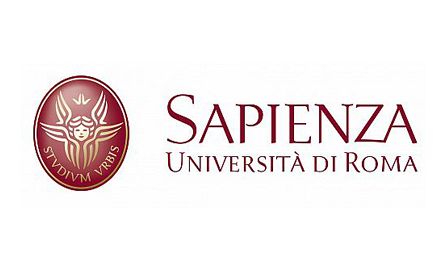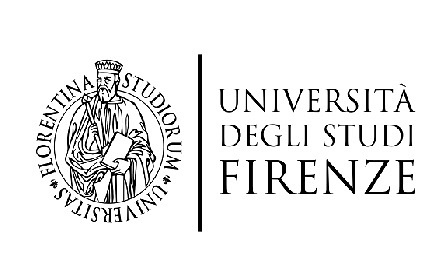PRESENTATIONS
Please click on Presentation Titles to download
3 OCTOBER 2018
10.15 – 11.45
Session I - SALA DEI CAVALIERI
International migration intentions, distance and illegal costs: Global evidence from Africa to Europe smuggling routes
Maria Pia Mendola (Univ. of Milan Bicocca), G. Friebel (Goethe Univ. Frankfurt), M. Manchin (Univ. College of London), G. Prarolo (Univ. of Bologna)
The impact of changes in social-economic conditions in the countries of origin of migrants and refugees on migration fluxes and the role of social remittances
Nicolamaria Coppola (Univ. of Rome La Sapienza)
Using twitter data to study the mood of migration
Alessandra Righi (ISTAT), D. Bianco, M. Gentile
10.15 – 11.45
Session II - SALA DELLE NINFE
Taking cover: human capital accumulation in the presence of shocks and health insurance
Paulino Font (Univ. of Essex)
10.15 – 11.45
Session III - SALA DEI CHERUBINI
Life in the Lanes: Experiencing Control Beyond the Factory Line
Soumya Mishra (Univ. of Oxford)
14.15 – 15.45
Session IV - SALA DEI CAVALIERI
Food security of refugees and host communities in northern Uganda: the enumerator effect
Rebecca Pietrelli (FAO), M. d’Errico (FAO), M. Di Maio (Univ. of Napoli Parthenope), K. Dassesse (Univ. of Lausanne and FAO)
14.15 – 15.45
Session V - SALA DELLE NINFE
The long term impact of the Mali Speed School Program
E. Porreca (Bank of Italy),Furio Rosati (ICID, Univ. of Rome Tor Vergata)
Multidimensional poverty and wellbeing in China through the multidimensional synthesis of indicators (MSI)
Mario Biggeri (Florence), L. Borlotti (Univ. of Trento)
14.15 – 15.45
Session VI - SALA DEI CHERUBINI
Impact of an integrated rural development project on income and poverty: Evidence from Guangxi, China
Tisorn Songersermasawas (IFAD), A. Garbero (IFAD)
16.00 – 17.30
Session VII - SALA DEI CAVALIERI
Modern industrial policy and public-private councils at the subnational level: Mexico's experience in an international perspective
Carlo Pietrobelli (Univ. of Roma 3 and UNU-MERIT), R. Devlin (John Hopkins Univ.)
16.00 – 17.30
Session VIII - SALA DELLE NINFE
------------ ------------ ------------ ------------ ------------
4 OCTOBER 2018
9.30 – 11.00
Session IX - SALA BENEDETTO XIII
Domestic or foreign currency? Remittances and the composition of deposits and loans
Salvatore Capasso (Institute of Studies of Mediterranean societies), K. Neanidis (Univ. of Manchester)
9.30 – 11.00
Session X - SALA DREAM
When I grow up I want to be? The impact on occupational choices in the context of a large development sector
Jamelia Harris (Univ. of Oxford)
Child and forced labour in global supply chain networks
G. Santoni (CEPII and ICID), Furio Rosati (ICID, Univ. of Rome Tor Vergata)
Price information, inter-villages networks and bargaining
Emilia Soldani (Goethe Univ.)
11.15 – 12.30
Round table: Coping with large migration flows in low and middle-income countries
Moderator: Furio Rosati (ICID, Univ. of Rome Tor Vergata)
15.15 – 16.45
Session XI - SALA BENEDETTO XIII
The Impact of the loosing of regulations in the cotton sector in Eqypt
Lorenza A. Lorenzetti (Univ. of Trento)
Analysis of the impact of the 2016 drought on smallholder crop production in Malawi and the role of sustainable land management practices in mitigating production losses due to extreme rainfall
Nancy McCarthy (LEAD Analytics), J. Brubaker (The World Bank), T. Kilic (The World Bank), and A. de la Fuente (LEAD Analytics)
15.15 – 16.45
Session XII - SALA DREAM
Multidimensional inequality of opportunity in India
Sayli Javadekar (Univ. of Geneva), J.Krishnakumar (Univ. of Geneva)
Spillovers: experimental evidence from Ghana
Alessandra Pelloni (Univ. of Rome Tor Vergata), Thanasis Stengos (Univ. of Guelph), F. Valenti (Univ. of Rome Tor Vergata)
15.15 – 16.45
Session XIII - SALA DREAM II
Root for the tubers: Extended-harvest crop production and productivity measurement in surveys Heather Evidence from maize farmers in Uganda
Sydney Gourlay (The World Bank)
Linking soil suitability and crop productivity in Africa: Evidence from maize farmers in Uganda
Sydney Gourlay (The World Bank)
Blowing in the wind: The quest for accurate crop variety identification in field research
TalipKilic (The World Bank)



